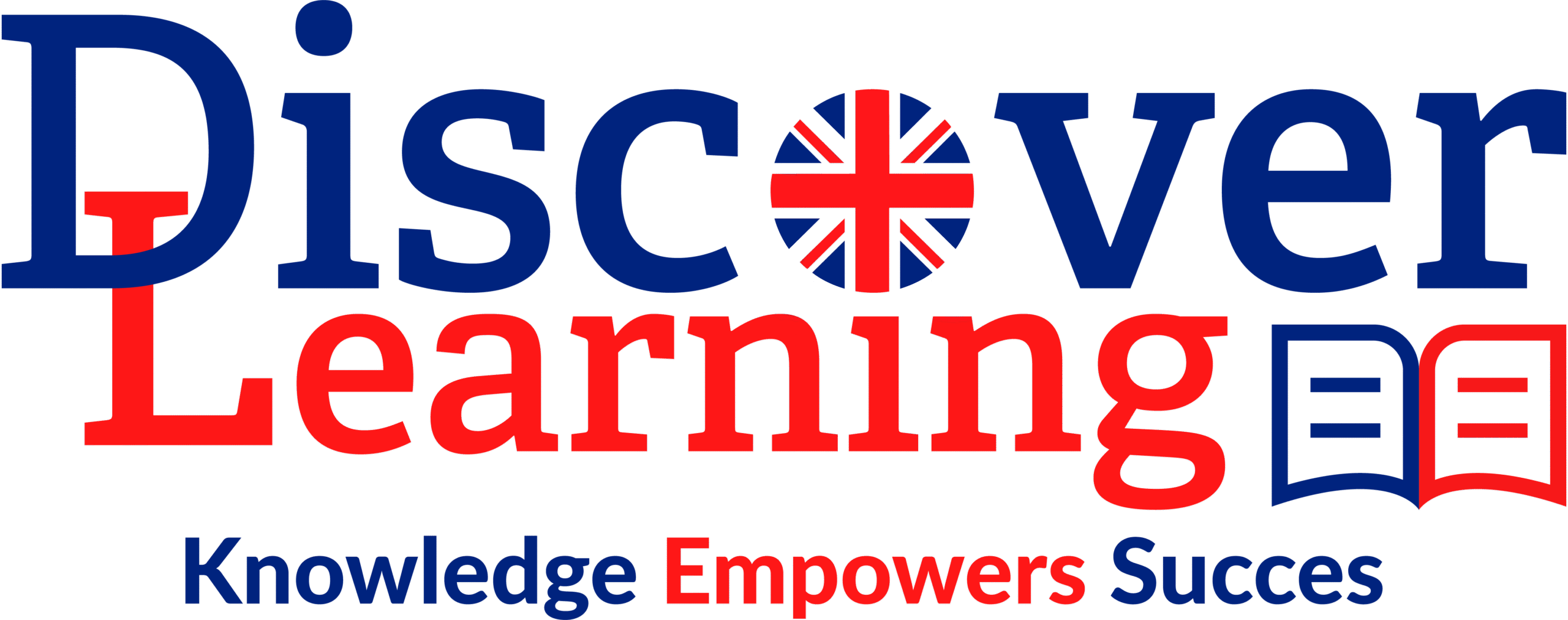
When most people imagine the “perfect tutor,” they often think of someone highly skilled in teaching core subjects such as math, science, or English. Subject mastery is certainly important, but modern tutoring requires much more than academic knowledge. Research now shows that the most effective tutors are those who also possess strong soft skills—the human qualities that allow them to connect, inspire, and motivate students.
At Discover Learning Tutors, we believe a tutor’s impact extends beyond academics. A successful tutor is not just a subject expert but also a mentor who builds relationships, understands emotions, and adapts to different learning styles. This combination of knowledge and interpersonal skills helps students thrive both inside and outside the classroom.
Why Soft Skills Are Critical in Tutoring
Soft skills form the foundation of effective tutoring. While grades and test results are important, students also need a safe, supportive, and motivating environment to learn. This is where skills like communication, empathy, adaptability, and patience come into play.
Building Trust and Rapport
Trust is the first step in any tutor-student relationship. Students are more likely to ask questions, admit struggles, and engage in learning when they feel respected and understood. Tutors who show empathy can identify emotional barriers—such as stress, fear of failure, or lack of confidence—that often hold students back. By listening actively and responding with patience, tutors create a safe space where students can grow.
Clear and Effective Communication
A tutor with strong communication skills can turn complex ideas into simple, digestible steps. Instead of overwhelming students with jargon, they break down concepts into relatable explanations. This doesn’t just improve understanding; it also boosts student confidence. Students who feel comfortable asking questions without fear of judgment are more likely to stay engaged and curious.
Tailored Learning and Teaching
One of the greatest benefits of tutoring is personalization. Unlike traditional classrooms, tutoring allows lessons to be adjusted to fit each student’s learning style. Some students learn best with visuals, others through hands-on practice, and some with detailed written explanations. A skilled tutor identifies these preferences and adapts their approach, making lessons more effective and enjoyable.
Organizational skills also play a role here. A tutor who prepares structured lesson plans, tracks progress, and provides timely feedback ensures that students stay on the right path. This tailored approach builds both competence and confidence.
Real-World Application and Problem-Solving
Modern education emphasizes critical thinking over rote memorization. Tutors who model problem-solving skills show students how to approach challenges step by step. For example, breaking down a difficult math problem or analyzing a piece of literature encourages students to think independently and logically.
Additionally, many tutors now emphasize collaboration and conflict resolution, preparing students for teamwork in school, college, and future careers. By learning to work with others, manage disagreements, and solve problems creatively, students gain life skills that extend beyond academics.
Shifts in Modern Tutoring Programs
The role of a tutor has changed dramatically in recent years. Tutoring programs are moving away from hiring solely based on subject expertise and now focus on soft skills as essential qualifications.
Recruitment: Prioritizing Soft Skills
Traditionally, tutoring centers emphasized degrees and academic experience. Today, many programs—including Discover Learning Tutors—look for candidates who are not only knowledgeable but also empathetic, patient, and effective communicators. A tutor who can explain, motivate, and build rapport often has a greater impact than one who only knows the subject inside out.
Continued Soft Skills Training
Hiring the right tutors is just the beginning. Ongoing training ensures that tutors stay sharp in areas like emotional intelligence, cultural competence, and adaptability. As classrooms become increasingly diverse, tutors must understand and embrace different cultural perspectives and learning backgrounds. This makes every student feel valued and supported.
Feedback Beyond Grades
Traditionally, tutoring success was measured by test scores and grades. Now, many programs evaluate emotional outcomes as well. Parents and students often provide feedback not just on academic progress, but also on whether the student feels confident, supported, and motivated. This shift highlights the growing recognition of soft skills in long-term academic success.
Key Soft Skills Parents Should Look for in a Tutor
When choosing a tutor, parents should consider more than credentials and qualifications. The best tutors combine academic expertise with interpersonal strengths. Here are the top soft skills to look for:
- Empathy and Patience – Tutors who understand student struggles and support them with compassion.
- Adaptability – The ability to adjust lessons to match different learning styles.
- Communication – Clear explanations that simplify complex concepts.
- Organization – Structured lesson plans and constructive feedback.
- Motivation – Encouraging students to celebrate small wins and build confidence.
Conclusion: The Future of Tutoring
The future of tutoring depends on a balanced blend of hard skills and soft skills. Subject knowledge is essential, but it is the ability to inspire, adapt, and connect with students that truly defines success.At Discover Learning Tutors, we focus on hiring and developing tutors who excel in both academics and soft skills. By emphasizing empathy, adaptability, and communication, we ensure students receive the personalized guidance they need to achieve their goals and grow as confident learners.
FAQs About Soft Skills in Tutoring
1. What are soft skills in tutoring?
Soft skills are interpersonal abilities—such as empathy, patience, and communication—that help tutors connect with students and personalize learning.
2. Why are soft skills important for tutors?
They build trust, improve student engagement, and create a positive learning environment, which often leads to better academic results.
3. How do tutors use soft skills in lessons?
Tutors apply soft skills by adapting their teaching methods, listening actively, motivating students, and offering constructive feedback.
4. Should parents prioritize soft skills over academic knowledge?
Both matter, but soft skills often determine how well a tutor can deliver academic content and inspire confidence in students.
5. How can I identify a tutor with strong soft skills?
Look for qualities like patience, adaptability, clear communication, and a supportive teaching style that motivates and encourages progress.
